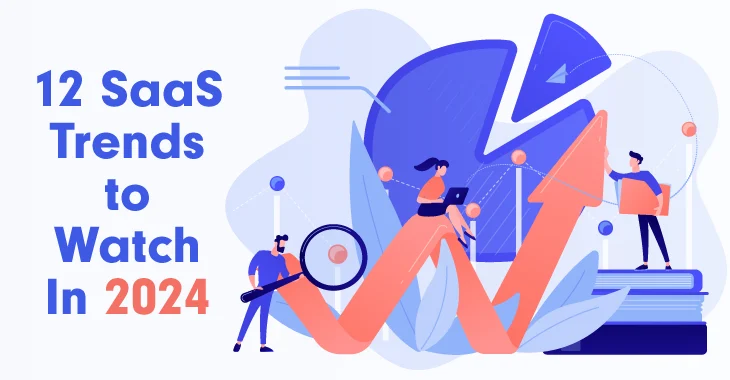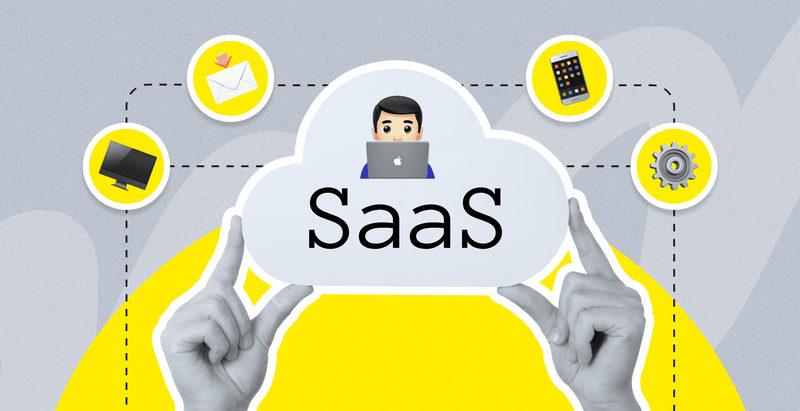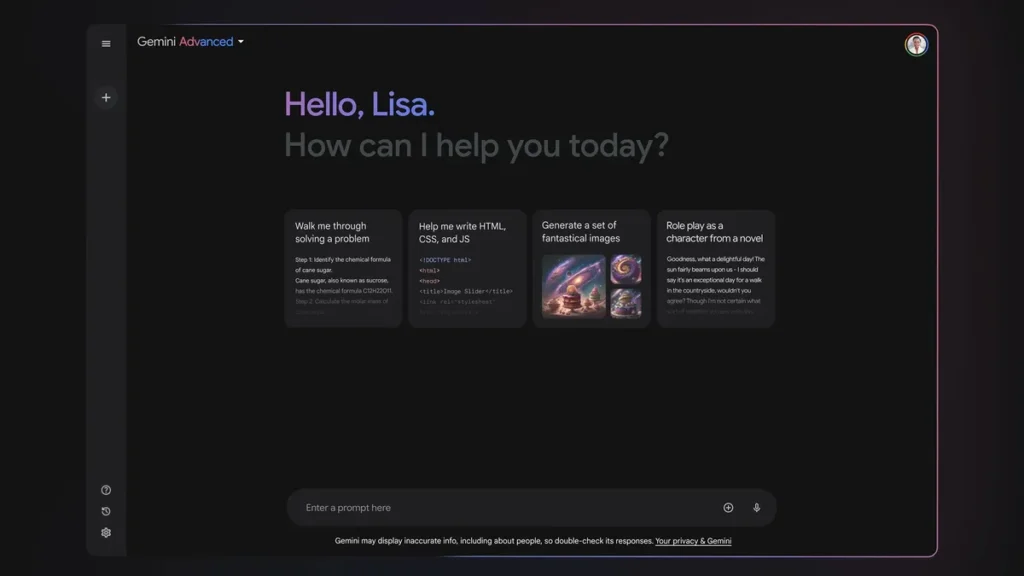The SaaS landscape is evolving rapidly, with new trends emerging constantly. To stay ahead of the curve, businesses need to understand these trends and how they can be leveraged for growth. In this blog, we’ll explore 12 key SaaS trends shaping 2024 and highlight how Software Territory is at the forefront of innovation.
Top 12 SaaS Trends for 2024
- AI and Machine Learning Integration: The integration of AI and machine learning into SaaS applications is becoming increasingly prevalent. Software Territory is harnessing these technologies to enhance product intelligence, automate tasks, and deliver personalized user experiences.
- Low-Code/No-Code Development: As businesses seek faster time-to-market, low-code/no-code development platforms are gaining traction. Software Territory is leveraging these platforms to accelerate development and empower citizen developers.
- Hyperautomation: Automating as many business processes as possible is a key focus for organizations. Software Territory is developing solutions that streamline operations and improve efficiency through hyperautomation.
- Vertical SaaS: Niche-specific SaaS solutions are gaining popularity. Software Territory is catering to specific industry needs with tailored SaaS offerings.
- Security and Privacy: With increasing cyber threats, security and privacy remain top priorities. Software Territory is committed to building robust and compliant SaaS solutions.
- Customer Experience (CX) Focus: Delivering exceptional customer experiences is crucial for SaaS success. Software Territory is prioritizing CX by incorporating customer feedback and using data-driven insights.
- Subscription Model Innovation: SaaS companies are experimenting with different subscription models to optimize revenue and customer satisfaction. Software Territory is exploring flexible subscription options to meet customer needs.
- Edge Computing: Processing data closer to the source improves performance and reduces latency. Software Territory is leveraging edge computing to enhance the user experience of its SaaS applications.
- Internet of Things (IoT) Integration: Connecting devices and capturing data is driving new SaaS opportunities. Software Territory is developing IoT-enabled SaaS solutions to address emerging market needs.
- Blockchain Technology: Blockchain offers increased security, transparency, and trust. Software Territory is exploring blockchain applications to enhance the integrity of its SaaS offerings.
- Augmented Reality (AR) and Virtual Reality (VR): Immersive experiences are changing how users interact with software. Software Territory is incorporating AR and VR elements into its SaaS products to create engaging user interfaces.
- Sustainability and Corporate Social Responsibility (CSR): Customers increasingly prefer companies with strong sustainability commitments. Software Territory is integrating sustainable practices into its operations and product development.
Software Territory: A Leader in SaaS Innovation
Software Territory is at the forefront of these SaaS trends, developing innovative solutions that address the evolving needs of businesses. By combining industry expertise with cutting-edge technologies, Software Territory is helping clients achieve their goals and stay ahead of the competition.
In-House SaaS Products
Software Territory offers a range of versatile SaaS products designed to streamline operations across various industries. These solutions address common business challenges, from project management to customer relationship management. With a focus on user experience and scalability, these products deliver tangible value to businesses.
Custom SaaS Development
Recognizing the unique needs of each business, Software Territory excels in crafting tailored SaaS solutions. Their collaborative approach ensures that the final product aligns perfectly with clients’ specific goals and objectives. This level of customization maximizes ROI and drives business growth.
Beyond SaaS: A Full-Service Development Partner
Software Territory’s expertise extends beyond SaaS. Their comprehensive development services encompass:
- Mobile App Development: Creating engaging mobile experiences to reach customers on the go.
- Web Development: Designing visually appealing and user-friendly websites that drive conversions.
- Enterprise System Integration: Seamlessly connecting disparate systems for improved efficiency and data management.
The Future of SaaS: A Bright Outlook
As technology continues to evolve, the role of SaaS will only become more critical. Software Territory is at the forefront of this transformation, committed to delivering innovative solutions that empower businesses to thrive. By partnering with Software Territory, organizations can confidently embrace the future of SaaS and unlock new opportunities for growth.
Conclusion
SaaS has undeniably transformed the business landscape, offering unparalleled benefits in terms of scalability, cost-effectiveness, accessibility, and innovation. Software Territory’s expertise in developing both in-house and custom SaaS solutions positions them as a valuable partner for businesses seeking to harness the power of this technology. As we look ahead, the future of SaaS is bright, and Software Territory is well-equipped to lead the way.head, the future of SaaS is bright, and Software Territory is well-equipped to lead the way.










